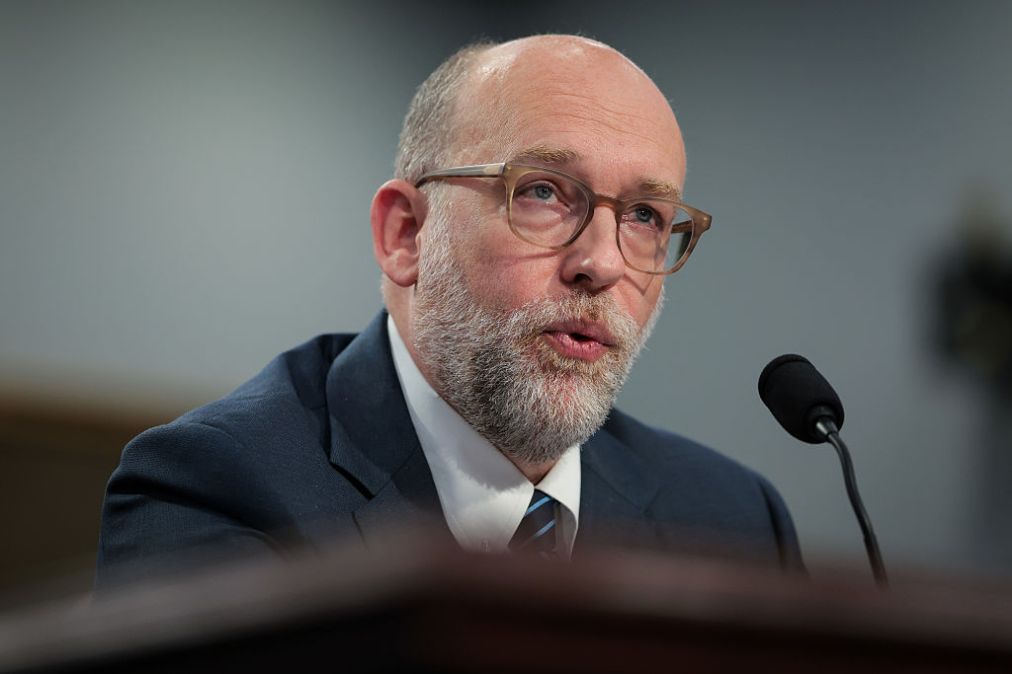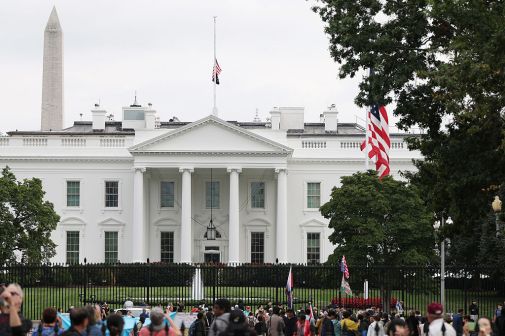Russell Vought: DOGE will ‘be far more institutionalized’ at agencies

Elon Musk’s semi-exit from the federal government hasn’t derailed the supposed efficiency work his DOGE deployees are doing at federal agencies, a reality the White House’s top budget official said Wednesday he’d like to cement.
Office of Management and Budget Director Russell Vought told lawmakers on the House Appropriations Financial Services and General Government Subcommittee that he envisions “some of the consulting work” DOGE has done to continue in the Executive Office of the President. But he also sees DOGE members becoming “far more institutionalized at the actual agency.”
“Many DOGE employees and [full-time equivalents] are at the agencies, working almost as in-house consultants as a part of the agency’s leadership,” Vought said. “And I think, you know, the leadership of DOGE is now much more decentralized.”
With longtime Musk disciple Steve Davis departing his role as de facto DOGE chief, Vought said the White House is now “in the midst of … establishing the leadership on an ongoing basis.” But the embedded agency approach appears here to stay; Wired reported Wednesday that some core DOGE members have been converted from special government employees to full-time staffers.
The White House’s fiscal year 2026 budget includes a $45 million funding request for DOGE, accounting for 30 employees. Salaries for another 120 DOGE staffers would be reimbursable via the agencies at which they’re deployed, per the request.
Subcommittee Chair Dave Joyce, R-Ohio, pressed Vought for details on DOGE’s budget request via the Information Technology Oversight and Reform (ITOR) program, which is controlled by OMB and supports the Office of the Federal Chief Information Officer and previously the U.S. Digital Service, which has been restructured to house DOGE as the U.S. DOGE Service.
“We put it in the ITOR account because we are still in movement as to where DOGE resides, and the fact that we have opportunities through standard USDS work to do technological work at the agencies,” Vought said. “So I wouldn’t call it a plug, but we are certainly reflective of the fact that there’s good work to be done, regardless of whether DOGE is fundamentally housed in the EOP or at the agencies long term.”
Subcommittee Democrats teed off on Vought on everything from his previous comments about putting federal workers “in trauma” to DOGE-initiated cuts to PEPFAR, the global HIV/AIDS relief program. Overseeing the termination of tens of thousands of civil servants, dismantling myriad government programs and touting misleading or wholly inaccurate cost-savings claims, DOGE has rocked Washington and found itself mired in plenty of litigation along the way.
Vought was unsurprisingly dismissive of those and other DOGE-related concerns voiced by Democrats on Wednesday, telling lawmakers that he’s grateful for the Musk-launched initiative and its “ability to be outraged” by the “extent to which taxpayer dollars are spent on things that no one wants to defend.”
“You go to any diner in the country, in every town in the country, and you present these examples [of cuts], and it will be outrageous. And I think that’s what DOGE brought to us,” he said. “Many of us have been in these salt mines for many years, and … I can’t explain why this town needs that dose of reality, but it unfortunately does, and I’m thankful this administration is giving it.”






